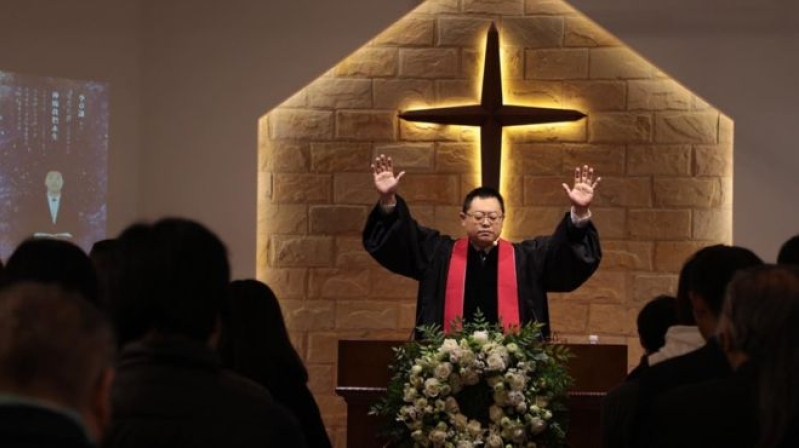
In China, there is now reportedly a bounty for the arrest of Christians - and police officers risk losing their job if quotas are not met, a persecution watchdog has claimed.
Open Doors USA reports that police stations in the major port city of Dalian (a population of 6.6 million) in northeast China are being evaluated based on the number of Christians they arrest.
A police officer from Dalian, the second-largest city in Liaoning Province, near the North Korean border, told Bitter Winter his station had received a notice from the National Security Bureau. As part of a performance-assessment plan, the notice set out how many Christians they would have to arrest. The officer said that all stations in the city had received a similar plan, assessing the station's performance with a 100-point evaluation system.
The officer told the magazine that senior police officers risk losing their job if quotas are not met. He stated that while he did not want to arrest Christians, he feared the consequences if he didn't.
To meet their quotas, the officer said that stations are trading with each other, "buying" names of arrested Christians for approximately $70 from other stations that have already achieved their targets.
The arrest of Christians is part of the widespread and intensifying crackdown on the church in China.
In December, members of Early Rain Covenant Church in Chengdu, China, tried to meet together for Sunday worship only to have police detain about 60 people and shut down outdoor services.
One week earlier, Chinese authorities cracked down on the prominent unregistered church and arrested more than 100 of its leaders and members, including church pastor and well-known legal scholar Wang Yi.
According to a church prayer update, the church's WeChat [i.e. social media] groups, including evangelism groups, Bible study groups, fellowship groups, education groups, and humanitarian groups (nearly 200 in all), as well as over half of the personal WeChat accounts of church members, have all been permanently shut down or restricted from sending messages.
States the prayer update: "Through a series of restrictions on Early Rain Covenant Church and on the faith of brothers and sisters, and through increasingly strict measures preventing church members from preaching the gospel of the Kingdom of Heaven, authorities are suppressing true churches like Early Rain Covenant Church by controlling various public resources. In this moment we see the mighty arm of God upholding his people, showing them favor and performing wondrous works."
Dr. Bob Fu, ChinaAid's founder and president and a close friend of Pastor Wang, said the crackdown represents a "major escalation of religious persecution in China."
"Ironically this largest scale of arrests and clamp down on the international Human Rights Day shows [Chinese president) Xi's regime deliberately making itself the enemy of universal values, such as religious freedom for all," he said.
Several other underground churches have been shut down this year, with both Catholic and Protestant congregations heavily targeted by the administration of President Xi Jinping. Video footage posted by aid groups shows Communist officials severing crosses from church buildings and destroying churches altogether.
China, an officially atheist country, says its actions there are meant at combating violent extremism.
However, Sam Brownback, the US ambassador at large for international religious freedom, cited the actions against the Early Rain Church and the reports from Xinjiang when announcing that China was one of ten countries designated a "country of concern" when it comes to religious freedom.
"My particular concern now for China is they've increased these actions of persecution against faith community," Brownback said.
"China isn't backing away from the religious persecution; it seems to be expanding."






